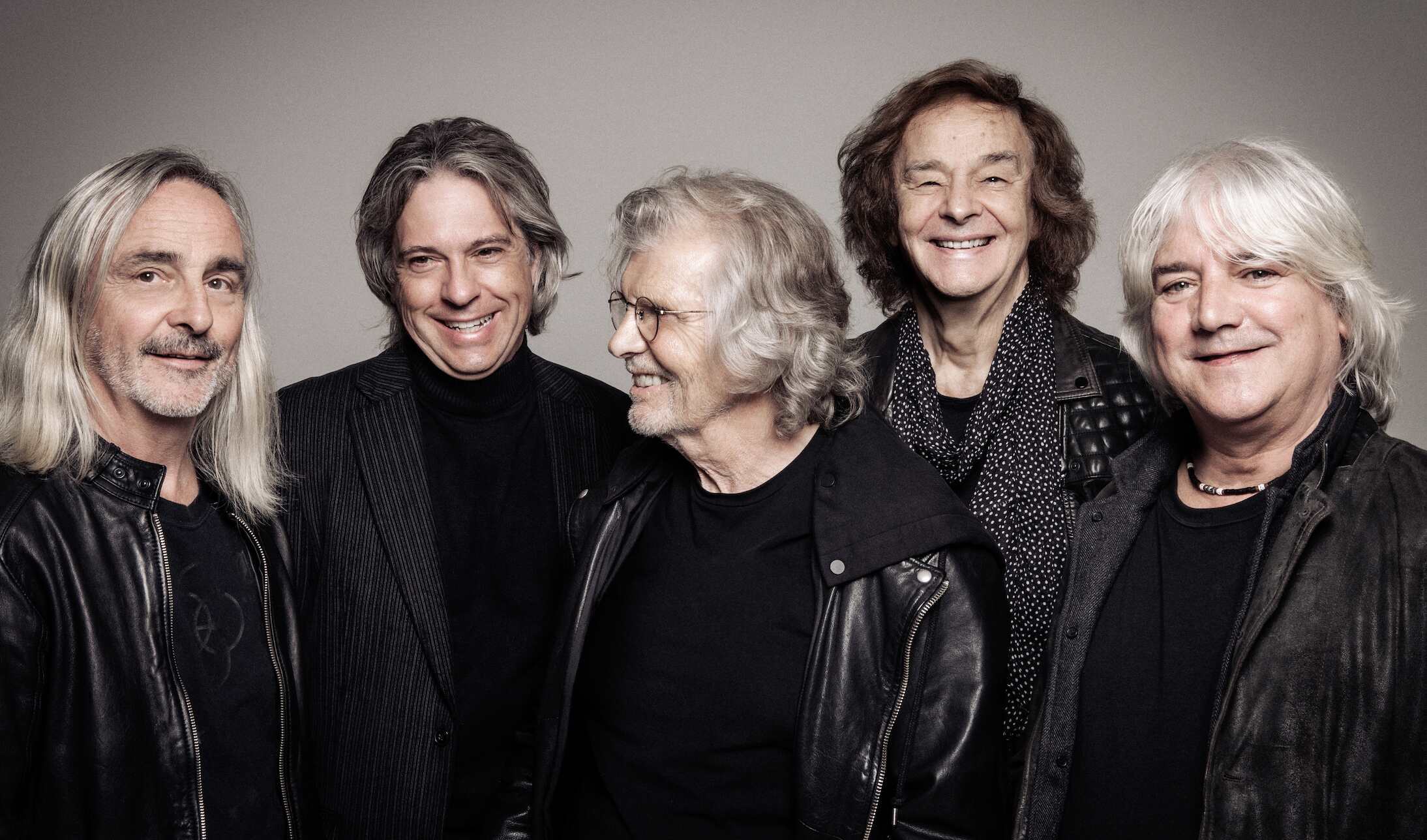In recent years, legendary UK rock band The Zombies have been enjoying something of a renaissance, culminating in the release of their acclaimed new album Different Game. Headliner caught up with singer Colin Blunstone and songwriter Rod Argent to talk new music, new fans, and why theirs is a story quite unlike any other…
Very little about The Zombies makes sense. At virtually every juncture in their career they’ve flown in opposition to their contemporaries, be it by accident or design. They’re the British Invasion band that was welcomed into the US without breaking stride yet is still trying to crack its domestic market over five decades later; the singer and songwriter duo at the heart of the band still actually like each other; perhaps most bizarrely of all, their biggest hit isn’t even a hit – arguably their most famous song, 1967’s Time Of The Season, has been released five times in the UK and has never even charted; and most pertinently, they are still making music with the same vigour and verve as when they first started out in the early 1960s.
Their latest album Different Game has been released to glowing reviews and marks the culmination of a period of renewed interest in the band. Prior to the pandemic, The Zombies were inducted into the Rock ‘n’ Roll Hall of Fame in 2019 and had been playing to some of the biggest crowds they’d ever seen. Then everything came to a juddering halt.
“Leading up to the Rock ‘n’ Roll Hall of Fame induction, we all felt that the band had never sounded so good,” Rod Argent, The Zombies chief songwriter, tells Headliner. We’re sat round a table with him and singer Colin Blunstone in a plush terrace of a luxury London hotel on a sunny and balmy spring morning. The pair are as bright and warm as the surroundings. Argent, with a mane of silver hair and wearing a black leather biker jacket, looks every inch the veteran rocker. He’s affable and talkative, with an almost palpable excitement for all things Zombies. Blunstone, meanwhile, speaks slowly and thoughtfully with the same dreamy, hypnotic tones that define so much of The Zombies’ work. He's a calm, gentle foil to his sprightly, enthusiastic comrade.
“We’d done a lot of touring in the US and were on fire live, and we couldn’t wait to get back and start recording a new album,” Argent fills us in. “We wanted to capture some of the spirit we had onstage, and we wanted to record with all of us in the room playing together. And we did capture a bit of that magic. We got back and recorded two tracks immediately – Merry-Go-Round and Runaway – and we loved what we had. And then Covid hit, and we had to stop doing things that way. We didn’t want to do things remotely, so everything ground to a halt and we had to pick it up again two years later.”
“When we did pick it up the actual recording of the album was quite quick,” adds Blunstone. “Although it did give Rod this unlooked for advantage where he could spend some time writing songs, and he came up with some cracking songs during that period. But it was strange for things to come to a halt like that, because we are a band that tours a lot and it’s so important to us to be active. And our very first gig after the pandemic was a live broadcast from Abbey Road, which I have to admit I found quite overwhelming. One thing that sometimes slightly worries me is that because the band lives all over the place, before we go out on tour, we aren’t always able to rehearse. So sometimes we get to the venue early so we can have a really good run through!”





